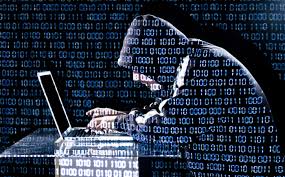According to U.S. intelligence chiefs and a recent article by AP National Writer Martha Mendoza, cyber-attacks are seen as the greatest threat to National Security. And a recent AP report found that there is a major federal effort being put into protecting online privacy.  But hackers are getting information from everywhere, including voter registration databases, public employee databases, court records, government networks, and even social media networks.
But hackers are getting information from everywhere, including voter registration databases, public employee databases, court records, government networks, and even social media networks.
What’s particularly disturbing is that those who are sworn to protect us are specifically being targeted by online hackers. And those hackers are posting the residences, phone numbers, and even listing the names of family members online.
What Can You Do To Protect Your Online Identity?
Respond quickly. If you find your personal information online, act quickly. Hackers create a personal and public safety issue for Law Enforcement Officers and Public Officials.
Block as many records as possible. Including social media networks that we all find so tempting to create. If you have them, close them. Or take advantage of the security features each site has and only allow close personal friends to view your page.
Block your Voter Information Data. Even though this information is a public record, you can still contact your county and request that your information not be shared.
Do some extra leg work on your own. While Privacy for Cops can help get most of your personal information removed from online databases, some public information is harder to take down. You might need to go the extra mile and make phone calls or send emails to protect your name. It might seem ridiculous and tedious, but it works.
Bottom line – As Law Enforcement Officers and Public Officials, the need for anonymity is vital. When your personal information is displayed online, it creates real safety issues. Be proactive and take the necessary steps to protect yourself and your family members.
